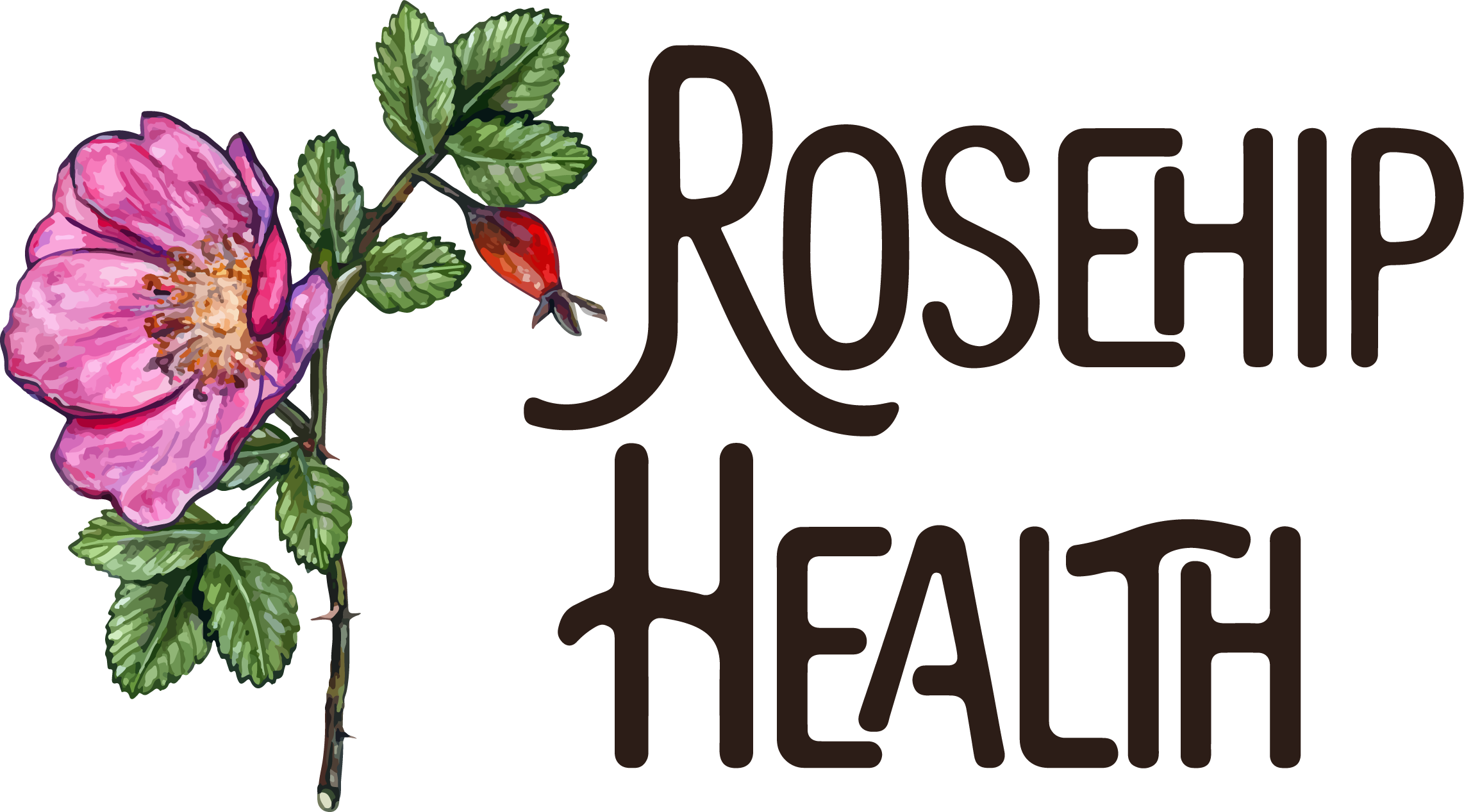Frequently asked questions
Find Out More About Natural Medicine
What is naturopathic medicine?
Naturopathic Medicine is a distinct primary health care profession that combines the wisdom of nature with the rigors of modern science. Naturopathic doctors are trained as primary care providers who diagnose, treat and manage patients with acute and chronic conditions, while addressing disease and dysfunction at the level of body, mind and spirit.
Naturopathic doctors concentrate on whole person wellness through health promotion and disease prevention, always attempting to find the underlying cause of the patient’s condition. Naturopathic doctors care for patients of all ages and genders. They provide individualized evidence-informed therapies that balance the least harmful and most effective approaches to help facilitate the body’s inherent ability to restore and maintain optimal health.
The therapeutic modalities used in naturopathic medicine are: physical manipulation medicine, clinical nutrition, botanical medicine, homeopathy, hydrotherapy, counseling and others. These tools integrate conventional, scientific and empirical methodology with the ancient laws of nature.
What education do Naturopathic doctors receive?
Accredited naturopathic medical schools are four-year, in-residence, hands-on medical programs consisting of a minimum of 4,100 hours of class and clinical training. Educated in all of the same basic sciences as a medical doctor (MD), a naturopathic doctor uses the Western medical sciences as a foundation for diagnosis and treatment. Also similar to MDs, naturopathic physicians must pass rigorous professional board exams before they can be licensed by a state or jurisdiction. And, for at least the final two years of the medical program, naturopathic medical students intern in clinical settings under the close supervision of licensed professionals.
NDs, however, also study holistic approaches to therapy with a strong emphasis on disease prevention and promoting wellness. In addition to a standard medical curriculum, NDs are trained in clinical nutrition, homeopathic medicine, botanical medicine, psychology, physical medicine and counseling.
Many receive additional training in areas such as midwifery and acupuncture and Oriental medicine. Because NDs view natural medicines as complementary as well as primary, they cooperate with other medical professionals, referring patients to (and receiving patients from) conventional medical doctors, surgeons and other specialists when appropriate.
References: https://aanmc.org, www.bastyr.edu, and www.naturopathic.org
What principles drive Naturopathic care?
The underpinnings of naturopathic medical practice are found in the following six principles.
1) Do No Harm - utilize the most natural, least invasive and least toxic therapies
2) Doctor As Teacher - educate patients in the steps to achieving and maintaining health
3) Identify And Treat The Causes - look beyond the symptoms to the underlying cause.
4) Treat The Whole Person - view the body as an integrated whole, physically and spiritually
5) The Healing Power of Nature - trust in the body's inherent wisdom to heal itself.
6) Prevention - focus on the overall health, wellness, and disease prevention




